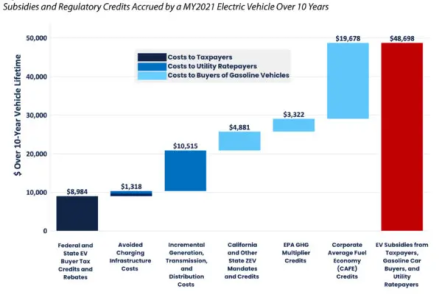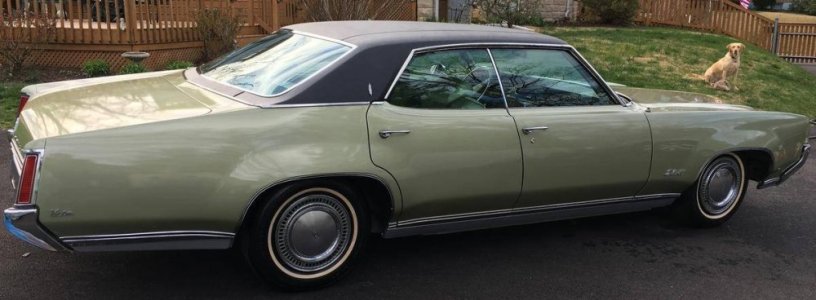That's true. A lot of the nuclear power development was a direct spin off from government funded Naval nuclear propulsion work, and there were probably some other incentives early on with respect to the processing of uranium to fuel. Certainly the national labs were instrumental in the development of nuclear power. The other side is that government has placed a lot of regulatory restrictions in the path of energy producers, and most notably coal and nuclear generation. Just getting the permits to build and to own/develop a site for a nuclear plant can take a decade or more. On the other hand even after a career in the nuclear power industry, I would not say that the Nuclear Regulatory Commission should go away ... and I have had plenty negative to say about those people over the years.
I guess I'd have to say with respect to a lot of the power generation world that the government both give and takes, and I'd be hard pressed to say that what is given equals what is taken by legislation and regulation. Another aspect of that is unions are a big part of the power generation - construction, transportation, fuel mining and processing, operations and maintenance, etc; and government almost exclusively backs unions in their war against corporations. Just one small change - applying antitrust regulations to unions the same way they are applied to corporations would make a huge difference.











